I love a good app. My phone is crammed with apps for everything — if a site offers an app I’m more likely to use that than fire up my laptop… providing it’s well-designed of course.
When you’re travelling all the time, it’s so convenient to open a few apps on your phone and get things done. And if you’re running a business remotely, that convenience and the time saved is even more valuable. While the coronavirus pandemic has brought travel to a halt, some of us are under lockdown abroad and are running businesses. And once travel resumes, I fully expect I’ll need to do some of the admin while on planes, trains and buses.
So I thought I’d do a roundup of some of the apps I’m finding most useful for living and working on the move. Need to keep all your tasks organised? There’s an app for that. Need to manage your business accounting? There’s an app for that too. Want to earn cash back on your card transactions in foreign currencies, rather than paying multiple commission fees? There’s an app for that too. Here are my picks for some of the best digital nomad apps:
Revolut
I’ve talked about Revolut before — see my recent review here. It’s an obvious one to include here because I opened my account specifically because I was about to embark on the digital nomad life! Revolut is an app-only UK Internet bank that allows you to hold multiple currencies and make debit card transactions and withdraw cash without piling on the charges. You can quickly check exchange rates and you can track and categorise your spending to make sure you stay within budget.
Even better, with a premium account you receive 1% cashback on card transactions outside Europe and 0.1% within Europe. You can even receive the money in cryptocurrency! The premium account is worth the monthly fee considering how much you save on foreign exchange commission charges.
Use my referral link to get a standard card with free postage.
Revolut recently launched in the US too.
Trello
If you’re a notetaker and listmaker (and to keep on top of your business you probably should be), Trello is your virtual whiteboard.
Use it to make to-do lists and add cards with colour-coded categories, notes, checklists, attachments and calendar items. It’s really satisfying to drag items into the done list! You can connect multiple users to the boards to collaborate on tasks, too. I have lists for my different freelance jobs and admin tasks like filling in tax forms and updating my accounting records. It’s a good way to set yourself deadlines for things you’re not so enthusiastic about doing. Obviously I still need to have it help me get better about blogging more regularly!
WordPress
If you’re living the digital nomad life, you should be blogging about it! The WordPress app makes it easy to blog on the move.
If you’re offline and can’t log into your blog admin, you can write blog posts on the app and save them locally on your device, then upload them or schedule them to post when you’re connected again. It’s a great way to make use of your time on the move. When you’re online you can upload media, manage comments, view your blog analytics and manage plugins.
Some of my posts are written and published entirely from the app and I’m sure I’ll be using it even more when I’m on the move again.
Xero
I’m kind of in love with Xero, which is a funny thing to say about an accounting tool. It’s just beautifully intuitive.
With a few clicks you can set up Xero with your business bank account feed using Open Banking. Then you can reconcile your bank transactions with your invoices and expense receipts, create invoices, quotes, bill and receipts, and see an at-a-glance income statement. It makes the process so painless, I appreciate it for that.
You need to log into the website for the full functionality, especially if you’re employing yourself (and others) through a limited company and you’re using it to run your payroll. Xero offers real-time information (RTI) submission to HMRC, which you need from your accounting service. If you use Xero to track your transactions as you go along and upload all your invoices and receipts, it’ll make your accounting so much easier.
This one’s for fun — if you’re on the road, share your favourite photos of your travels on Instagram!
There’s a great community of travellers on the app posting beautiful shots. Make good use of hashtags to find them and build your following too. You can direct traffic from your profile to your blog. A Wordpess plugin will allow you to add an Instagram widget to your blog, so that your readers can see more of your photos than you perhaps include in your posts. It’s all about cross-pollination!
I abandoned Twitter for a long time, only crossposting from Instagram. It’s known as a toxic space, for good reason.
But once I started my freelance business I started a new account and stumbled into a great community of entrepreneurs making money online. It’s so motivating to interact with them, and my outlook has definitely changed because of it. I never would’ve launched my ebooks and other projects without being in that environment!
I’ve created a list of some of my favourite people to follow — check it out here.
Google Maps
Sure, this is an obvious one, but it seemed like an oversight not to include it. I find Google Maps invaluable when I’m travelling.
From finding my way from the airport to my accomodation, to locating sights and gluten-free vegan eats, Google Maps has revolutionised the way I travel. (Although I have got fond memories of procuring a paper map on arrival at my hotel and marking it up, carrying it around until it disintegrated.) Be sure to save offline maps so your roaming data doesn’t cost you a limb or two. You can now set up and share routes with various stops along the way, creating your own guided tour!
Upwork
As a freelancer, one of my sources of income to cover my expenses while I travel is Upwork. This platform connects freelancers with clients looking to get tasks completed.
Some clients have one-off jobs, others are looking for longer-term collaboration. Freelancer platforms are controversial because the pay can be laughable and you pay commission on what you earn — the fees are particularly high on Upwork — but you can find good clients there.
You set up your profile showcasing your skills and experience and submit proposals to jobs in your feed. The mobile app is an efficient way of searching for jobs, messaging clients, submitting work, and checking your balance, although the job feed can be a bit laggy when you scroll and tap on job listings.
For full functionality you do need to log into the website. You can set up your Upwork account to automatically transfer your balance to your bank account weekly, monthly or quarterly, and download your transactions and invoices for your accounting.
If you’re interested in getting started with Upwork, I’ve written an ebook for beginners!
What are your favourite apps?

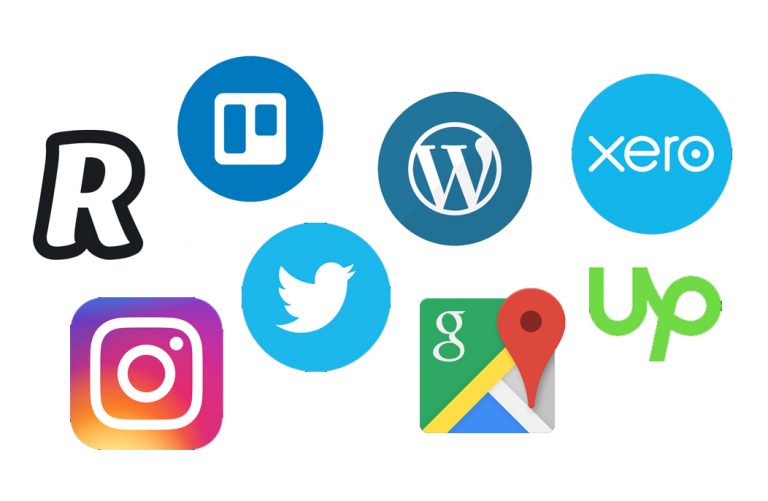
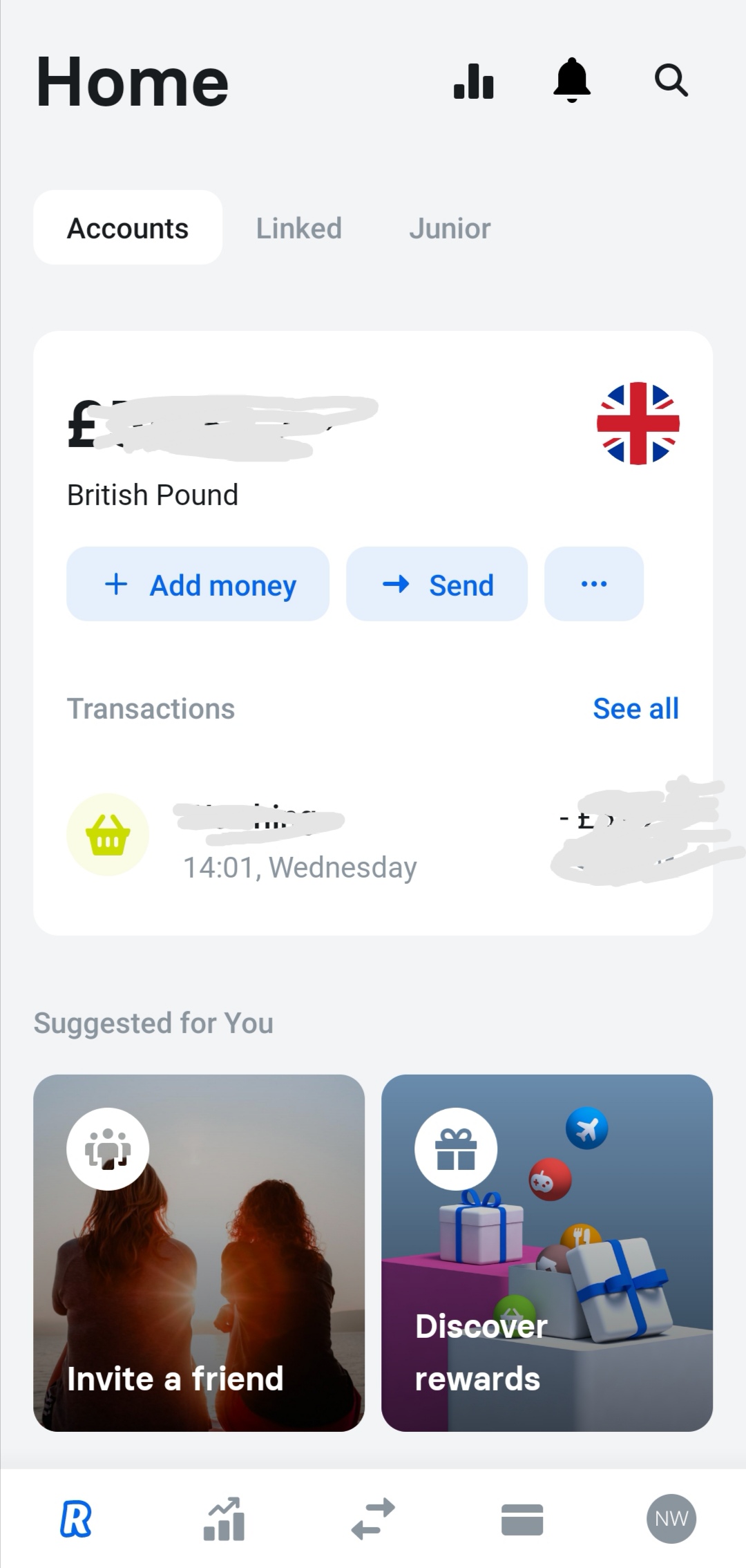
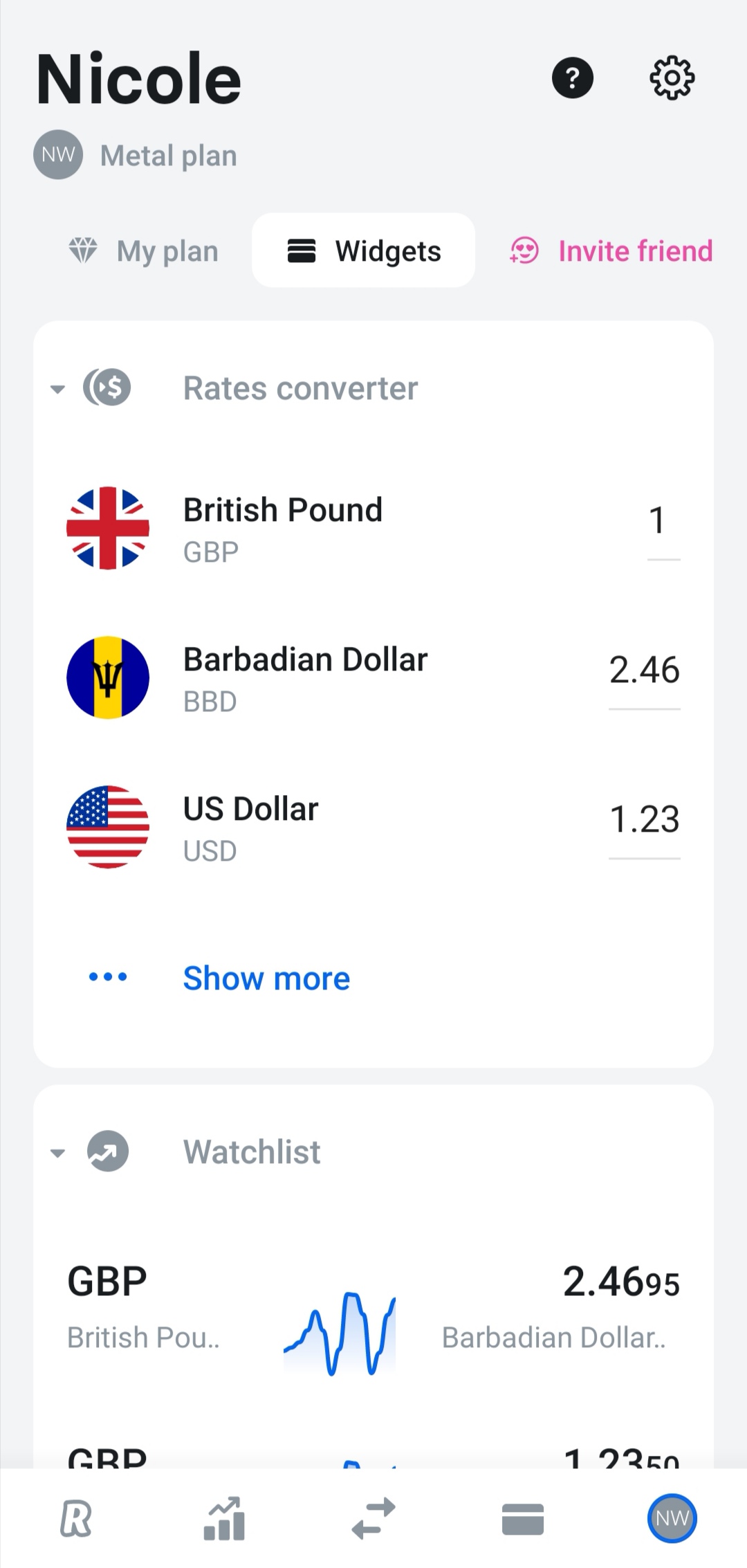
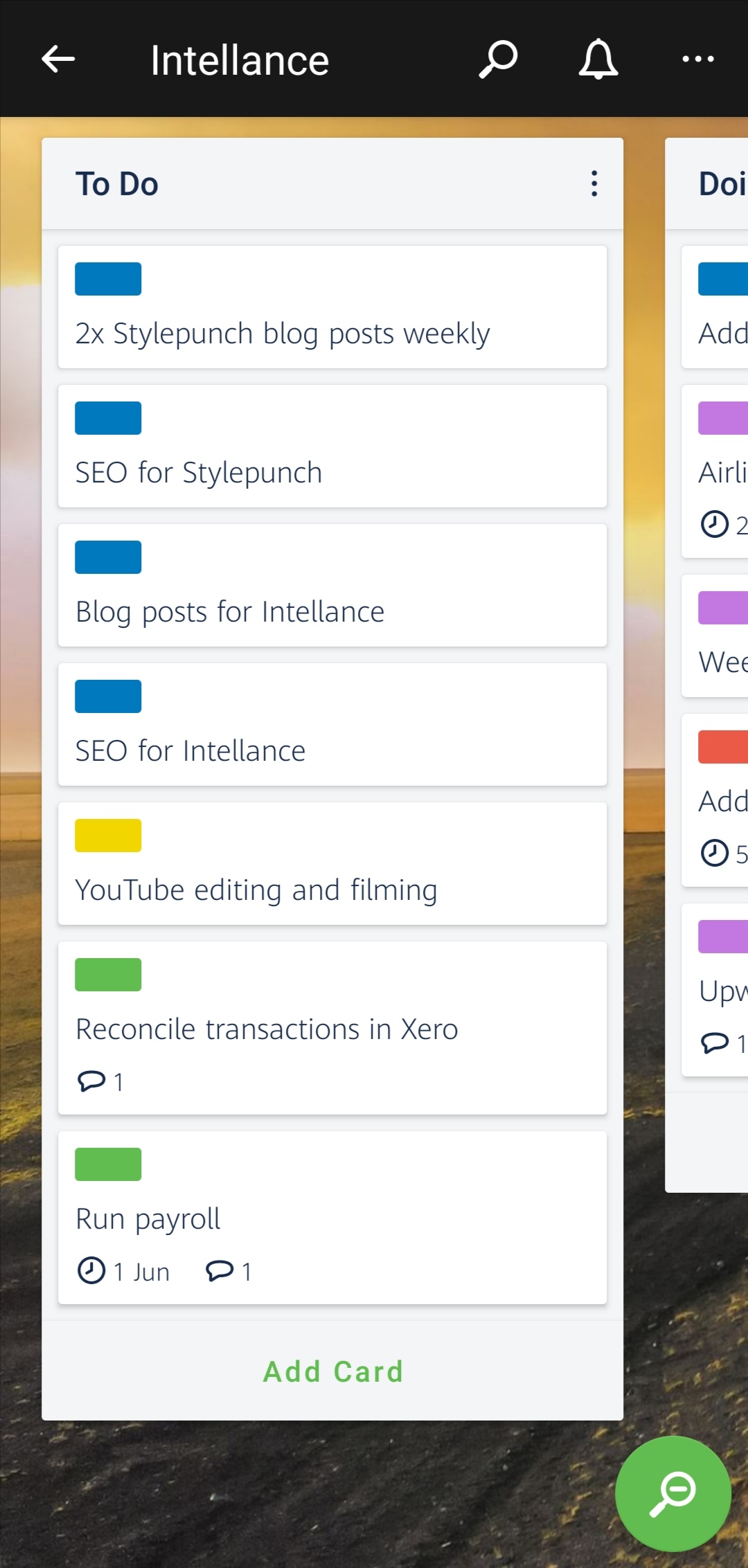
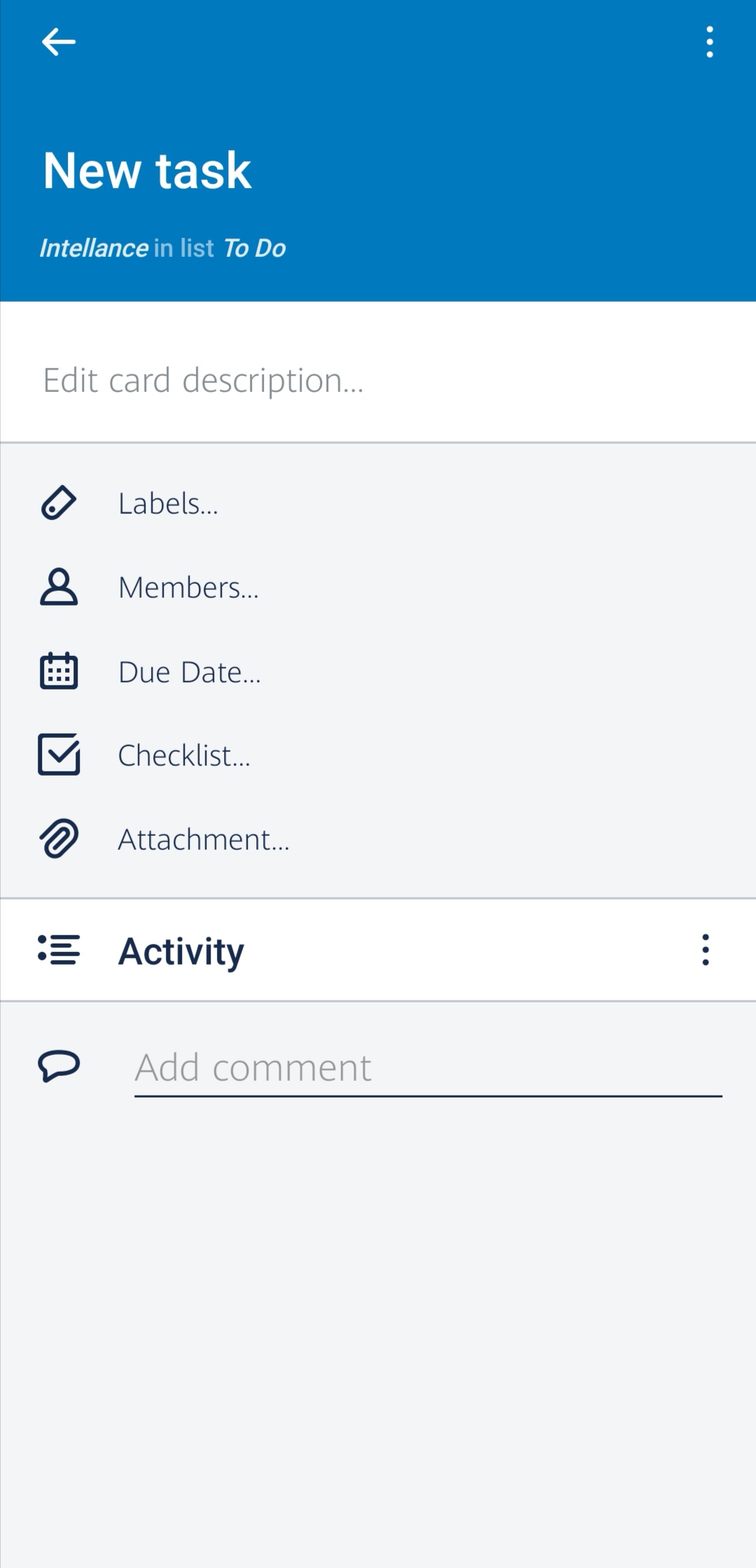
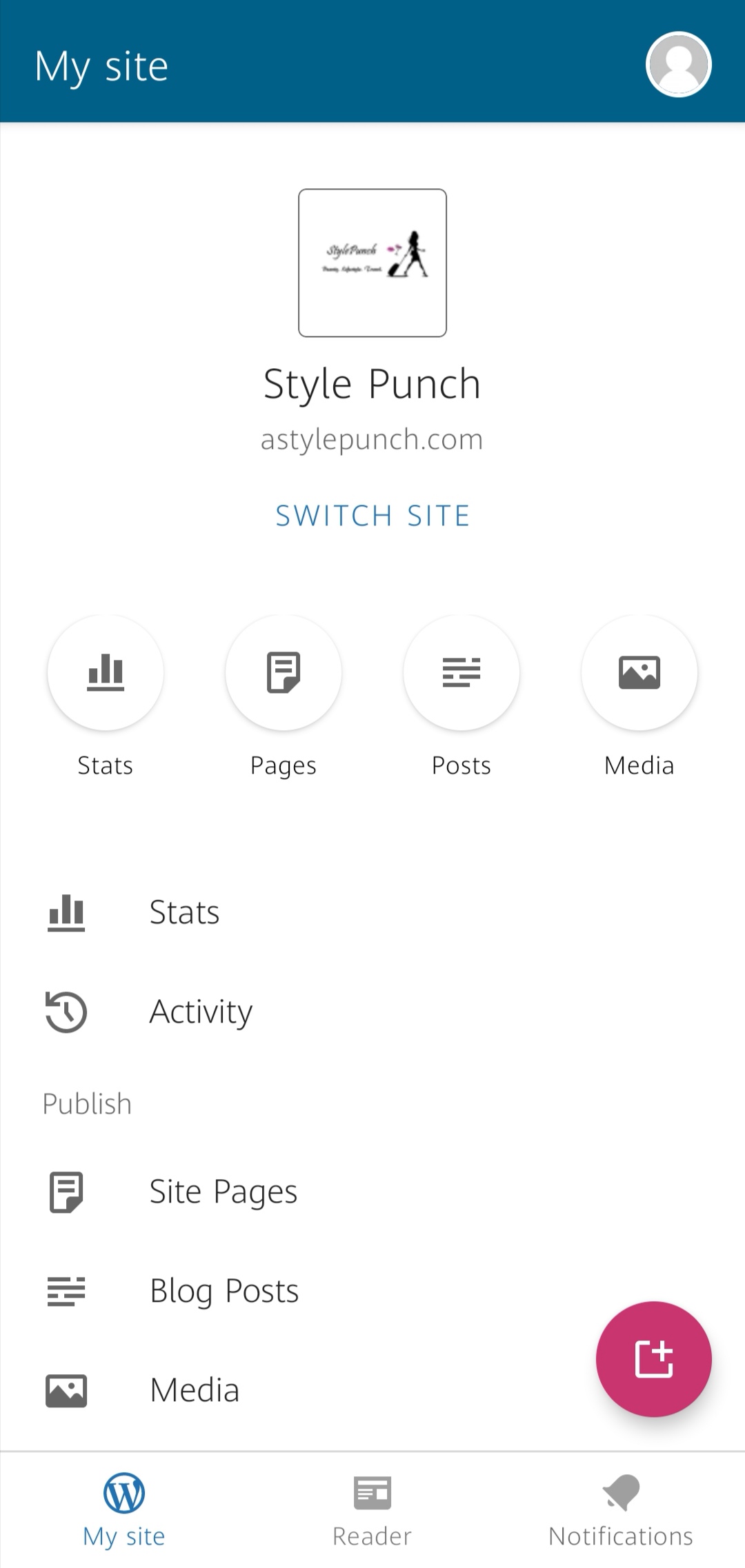
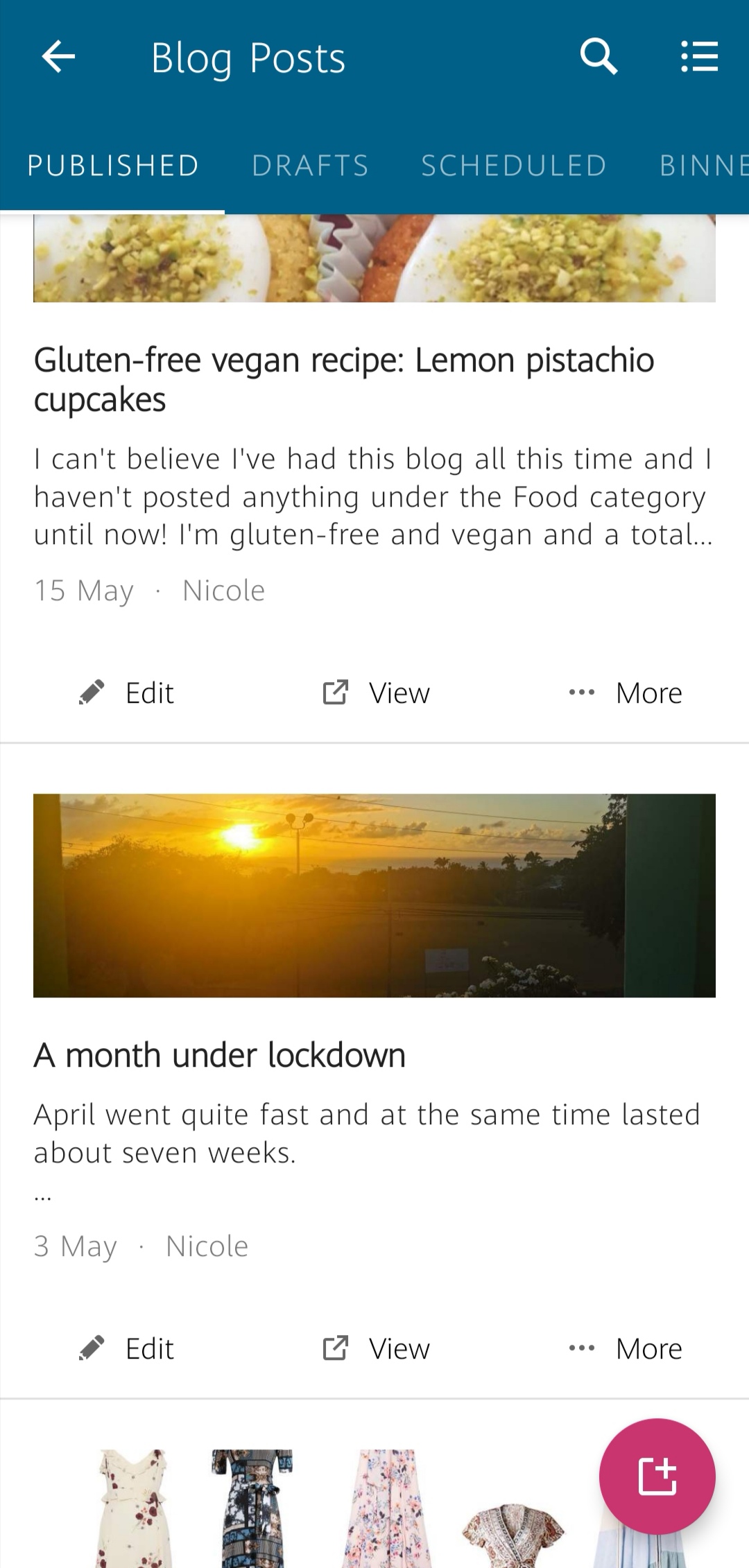
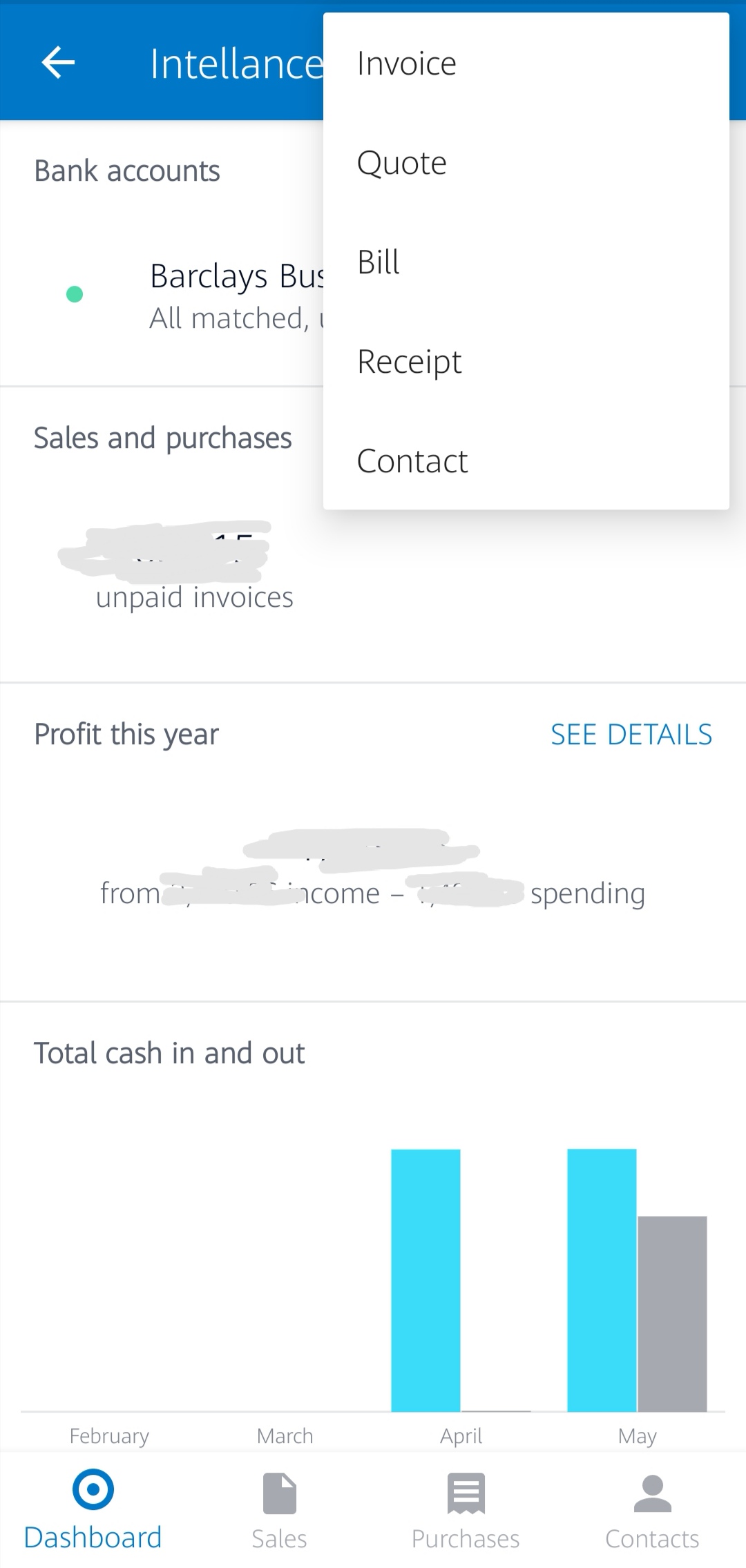
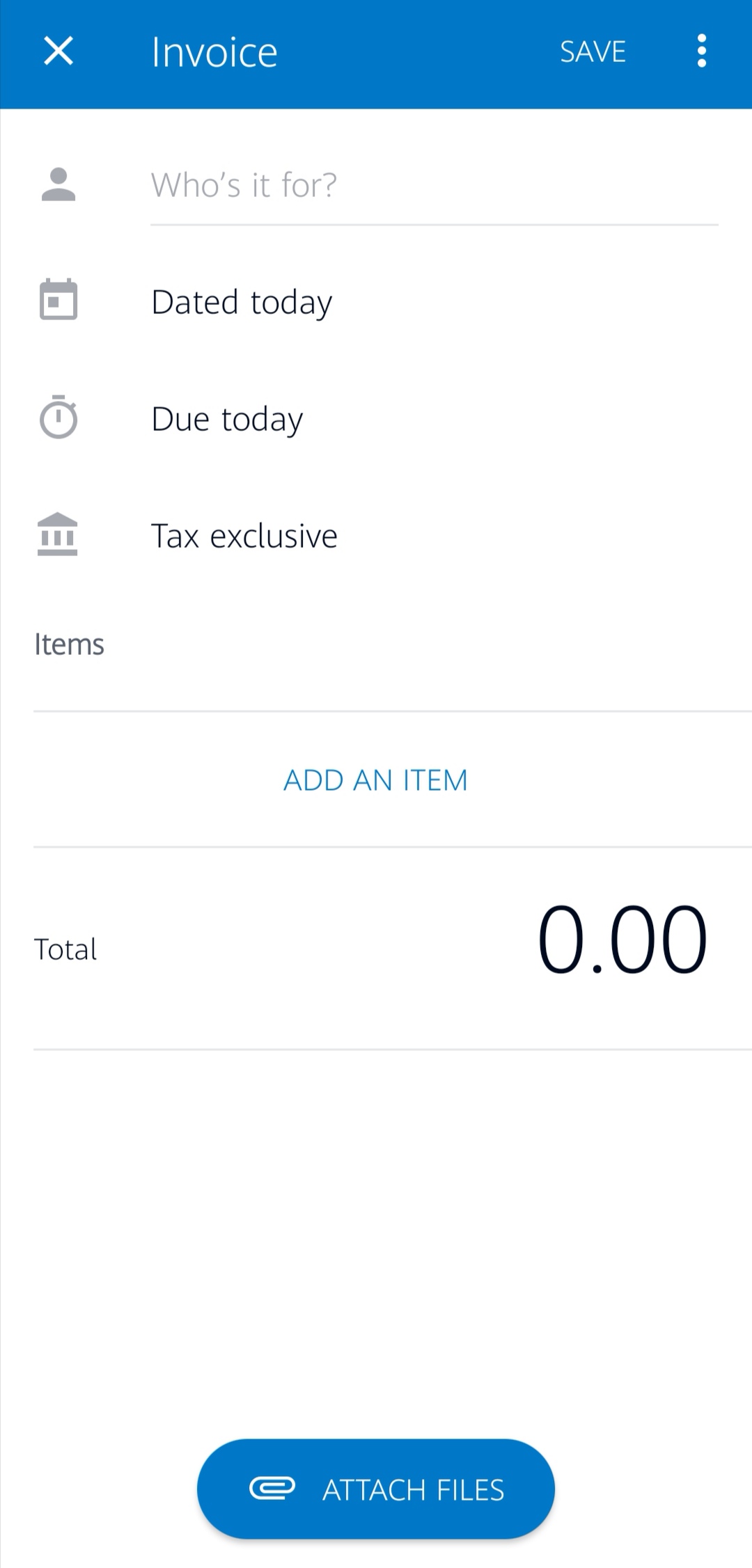
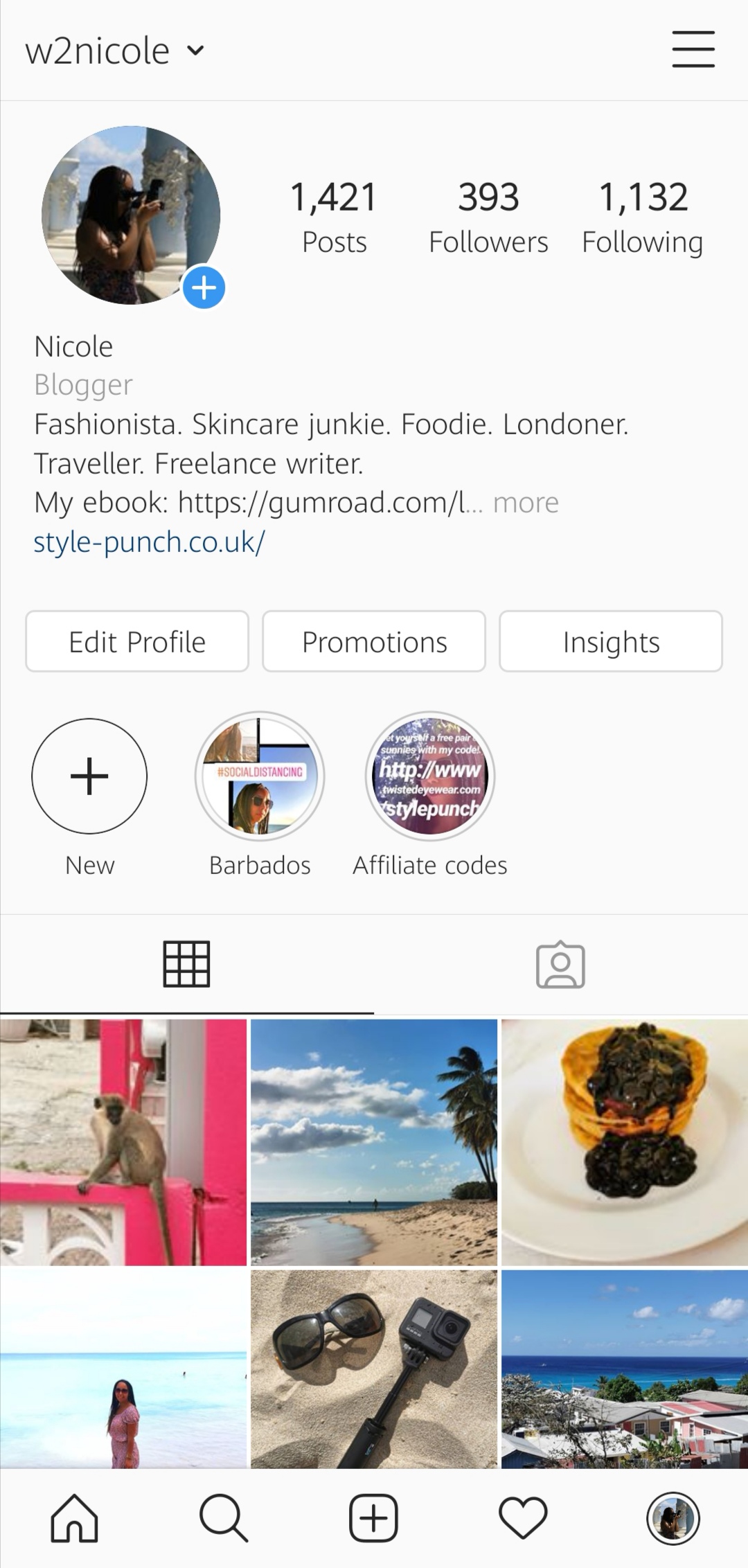
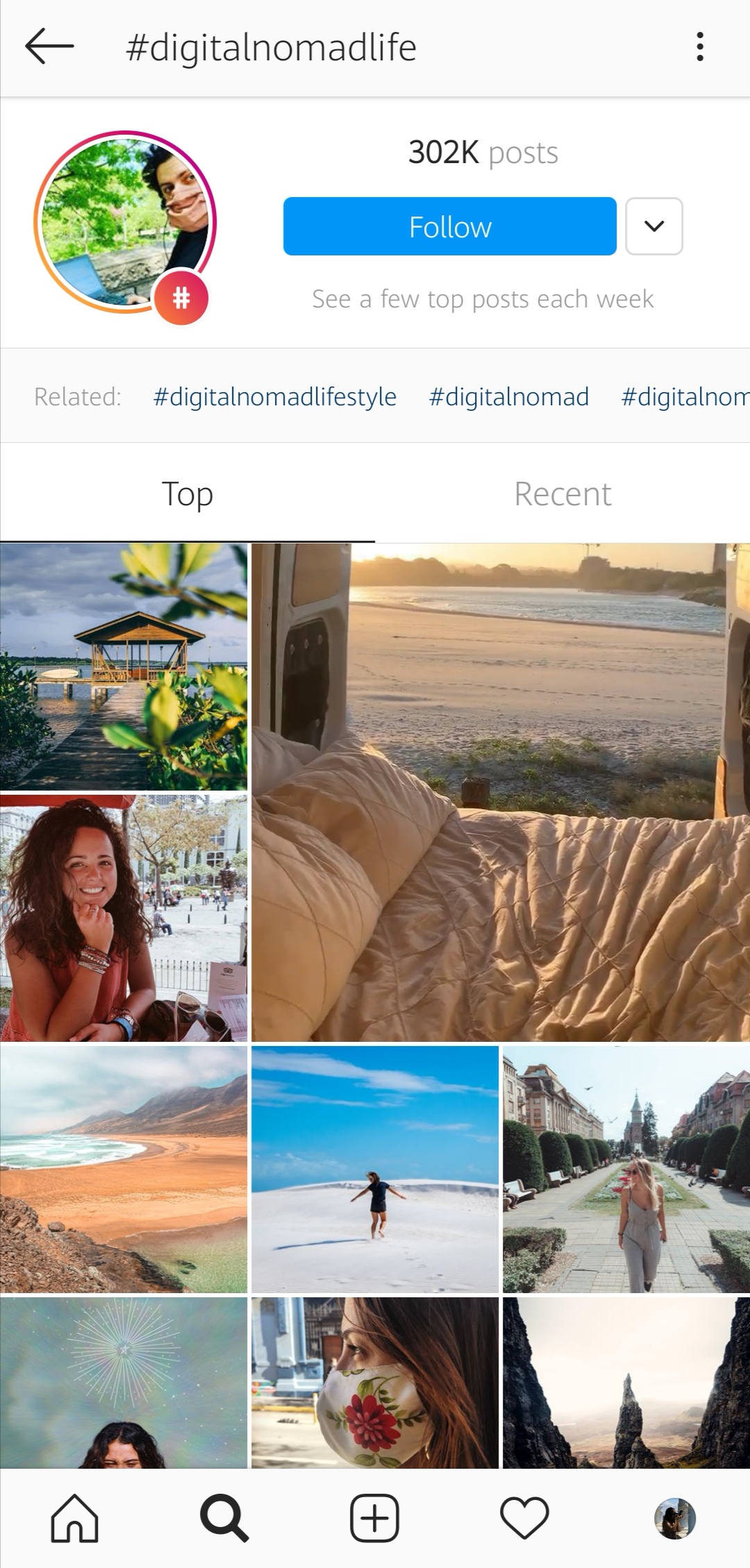
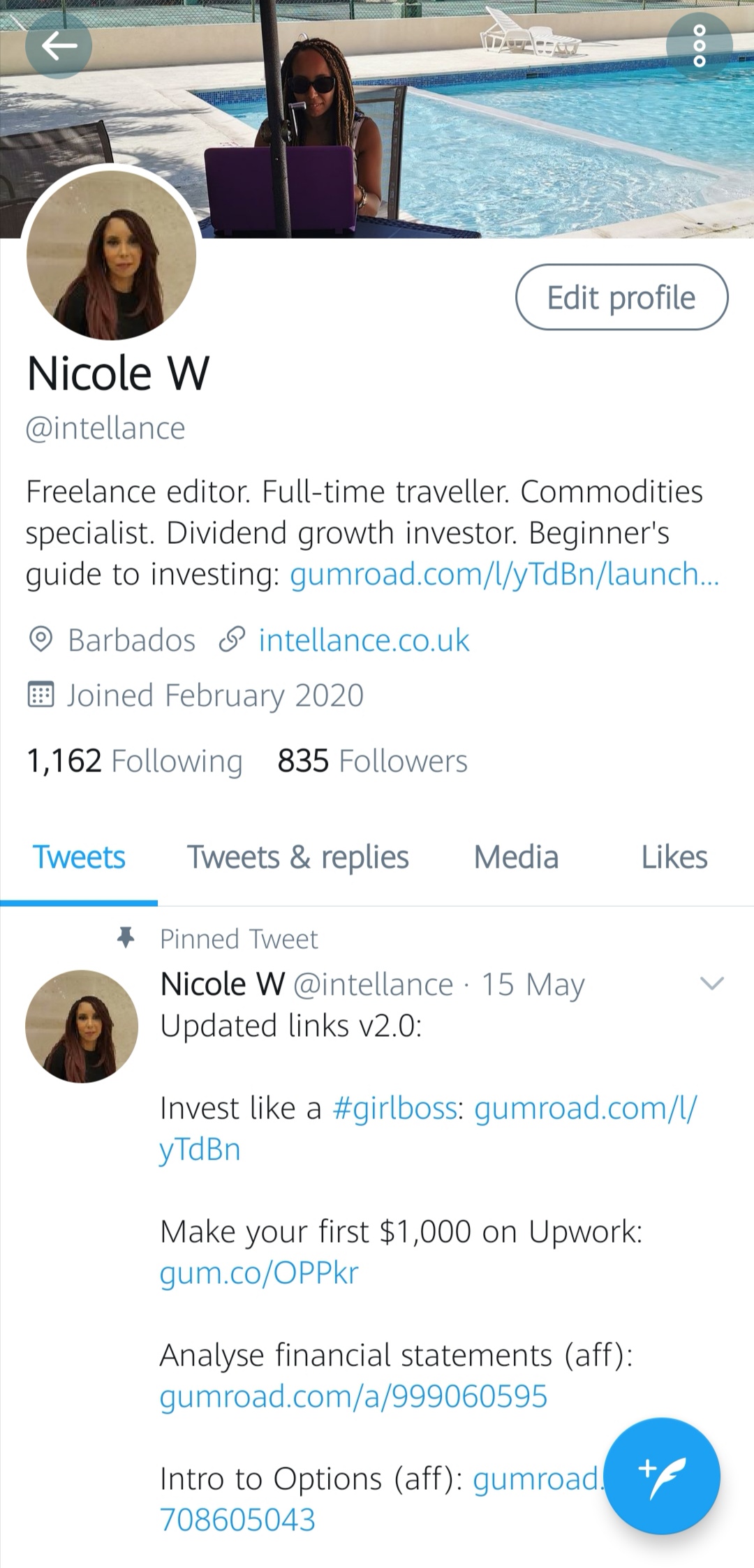

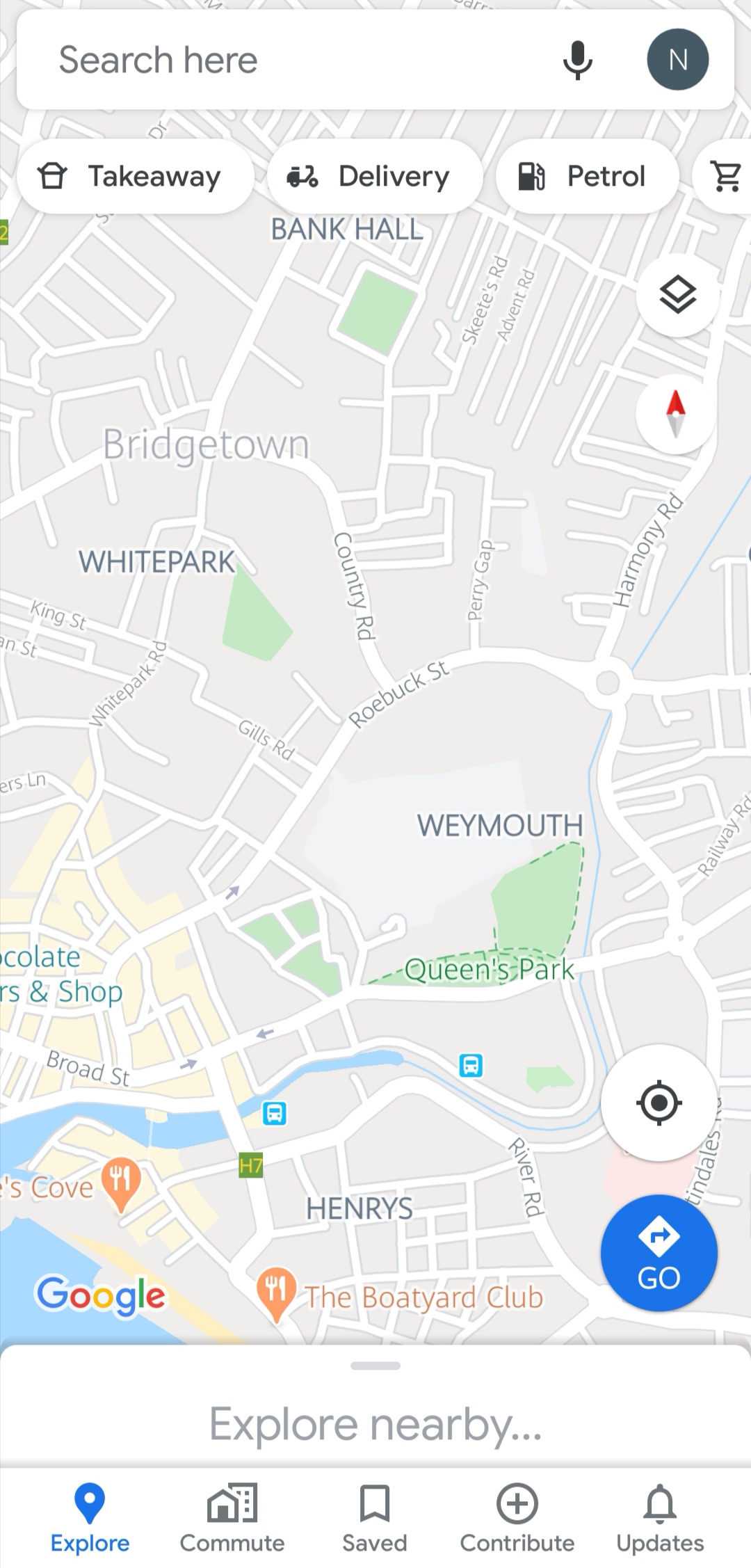
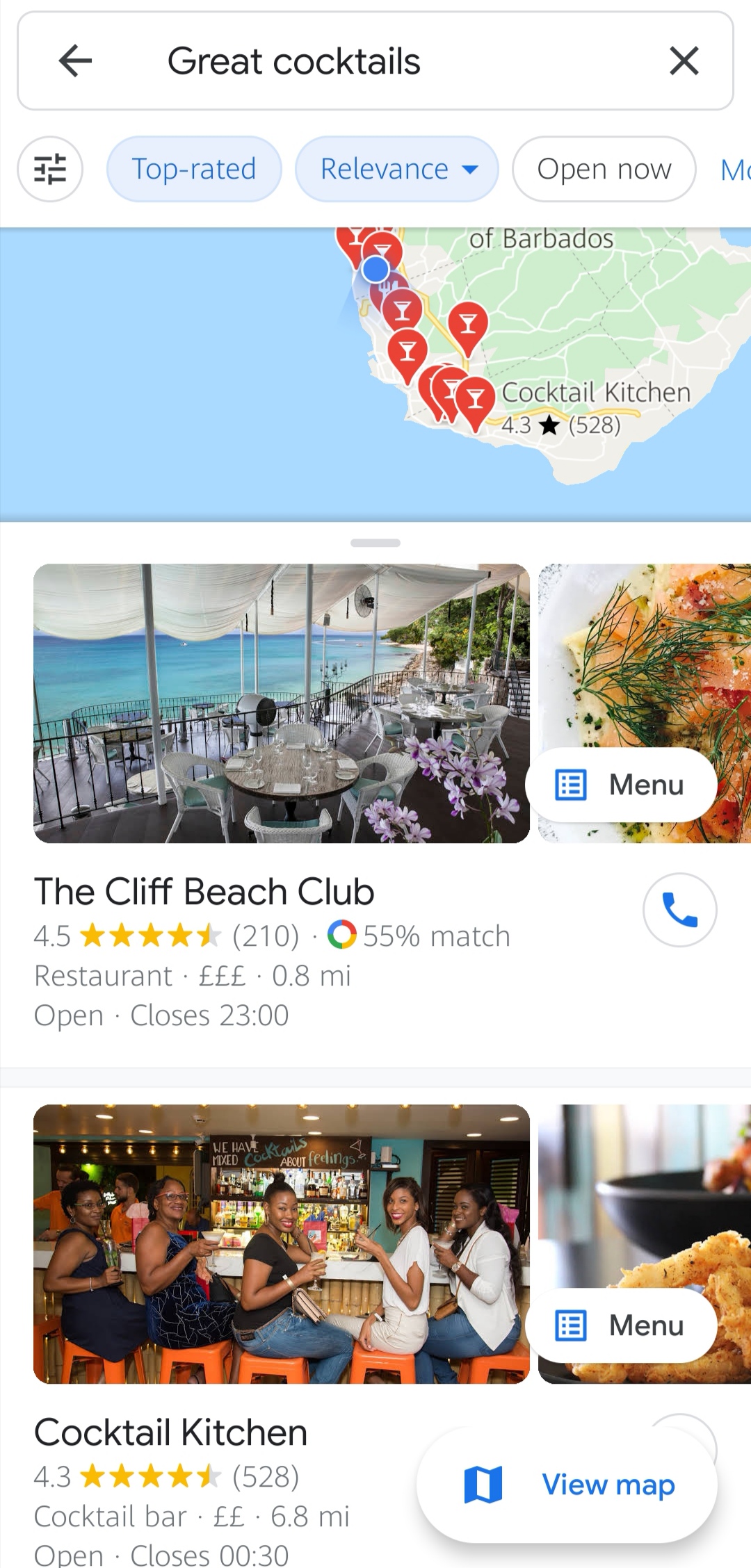
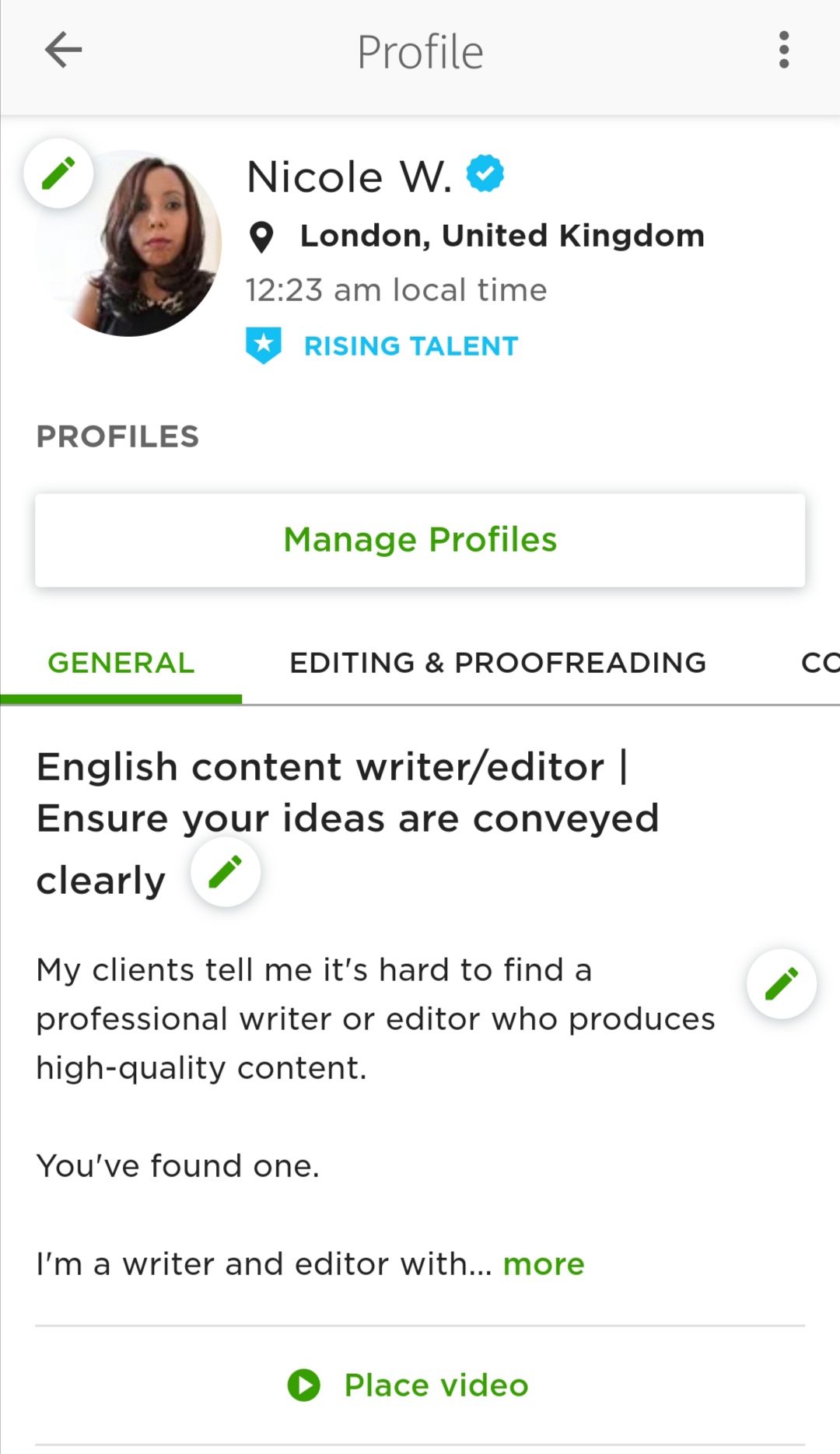
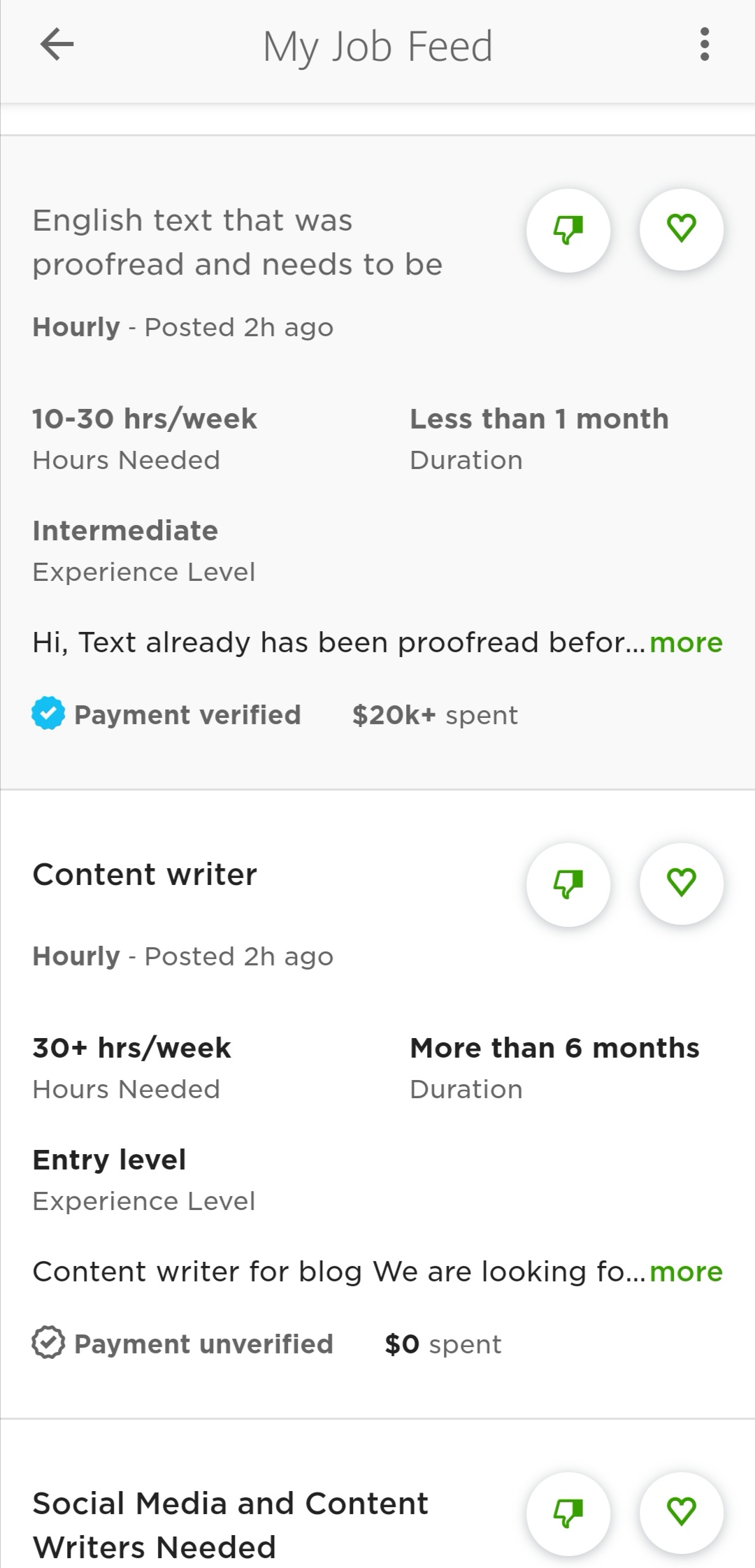
This is such an interesting post. I work from home but these days that can be anywhere. I use Xero for our construction business and a couple of the other ones you mention too. It’s so good to be unchained from having to be at a desk these days